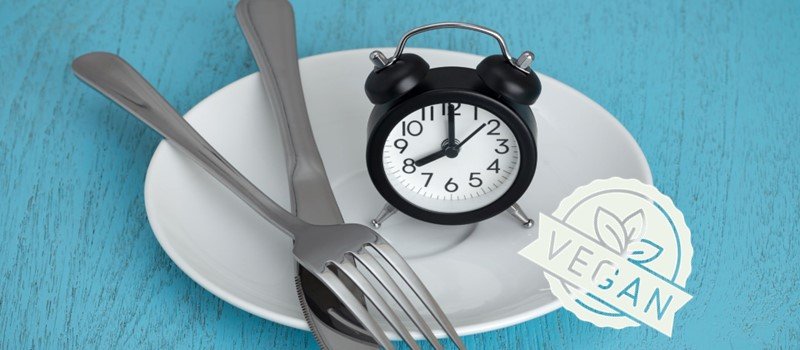The vegan diet has become increasingly popular in recent years as people seek out healthier, more environmentally friendly, and compassionate ways of living. Despite the many benefits of a vegan lifestyle, one common concern often arises: getting enough protein. Fear not! In this article, we will discuss everything you need to know about protein and the vegan diet.
What is Protein?
Protein is an essential macronutrient that plays a vital role in many bodily functions, including muscle growth, cell repair, and overall immune function. It is made up of smaller units called amino acids, which are considered the building blocks of protein.
There are 20 different amino acids required by humans, eight or nine (depending on age) of which are considered “essential” because our bodies cannot produce them on their own.
As such, we must obtain these essential amino acids from the foods we eat.
How Vegans Can Get Enough Protein
Contrary to popular belief, vegans can easily meet their protein needs by consuming a diverse range of plant-based foods. Some of the best sources for vegans include:
- Legumes (beans, lentils)
- Grains (quinoa, rice)
- Nuts (almonds, peanuts)
- Seeds (chia seeds, sunflower seeds)
- Soy products (tofu, tempeh)
According to The American Dietetic Association, vegans can get all the necessary amino acids provided they “eat a variety of plant proteins over the course of a day.”
In addition to whole foods sources of protein, some vegans may choose to incorporate soy-based meat and dairy replacements or plant-based protein powders.
However, these options aren’t necessary if you’re consuming a balanced vegan diet.
Meeting Your Daily Protein Needs
The recommended daily allowance (RDA) for protein intake varies depending on factors such as age, sex, and activity level. However, the general guideline is to consume approximately 0.36 grams of protein per pound of body weight.
For example:
- A sedentary male weighing 180 pounds should aim to consume around 65 grams of protein per day.
- An active female athlete weighing 140 pounds may require upwards of 90 grams of protein per day.
It’s also important to remember that individual needs may vary, and it’s always best to consult with a healthcare professional or registered dietitian to determine your specific dietary requirements.
Common Myths About Protein and the Vegan Diet
Despite the abundance of plant-based protein sources available, there are still several common myths and misconceptions surrounding vegan diets and protein.
Let’s debunk some of them!
Myth #1: Plant proteins are inferior to animal proteins.
Some critics argue that plant proteins are “incomplete,” meaning they do not contain all nine essential amino acids in sufficient amounts.
However, this notion has been debunked by experts who agree that vegans can easily meet their amino acid needs by consuming complementary and diverse sources of plant proteins throughout the day.
Myth #2: Vegans must meticulously combine foods at each meal to get complete proteins.
While it was once believed that food combining (e.g., eating beans with rice) was necessary for vegans to ensure they were getting all essential amino acids at each meal, current research shows this is not the case.
As long as you consume a balanced diet featuring various whole foods rich in plant-based protein, you will meet your amino acid needs.
Myth #3: Vegans can’t build or maintain muscle mass.
This belief is also false! Many successful vegan athletes achieve significant muscle mass and strength with the help of plant-based protein sources.
With proper nutrition and training, vegans can effectively build and maintain muscle mass just like their omnivorous counterparts.
Conclusion: Protein and The Vegan Diet
In conclusion, vegans can (and do) get more than enough protein from plant-based sources. By eating a diverse range of whole foods rich in plant proteins, vegans can easily meet their daily protein requirements. Furthermore, several misconceptions surrounding vegan diets and protein have been debunked by expert opinions and research. So don’t let concerns about protein deter you from embarking on a healthful, environmentally-friendly vegan diet!


![Vegan Farmers Markets [Where To Find Them and What to Buy]](https://awesomeveganblog.com/wp-content/uploads/2022/06/Vegan-Farmers-Markets-Where-To-Find-Them-and-What-to-Buy.jpg)

